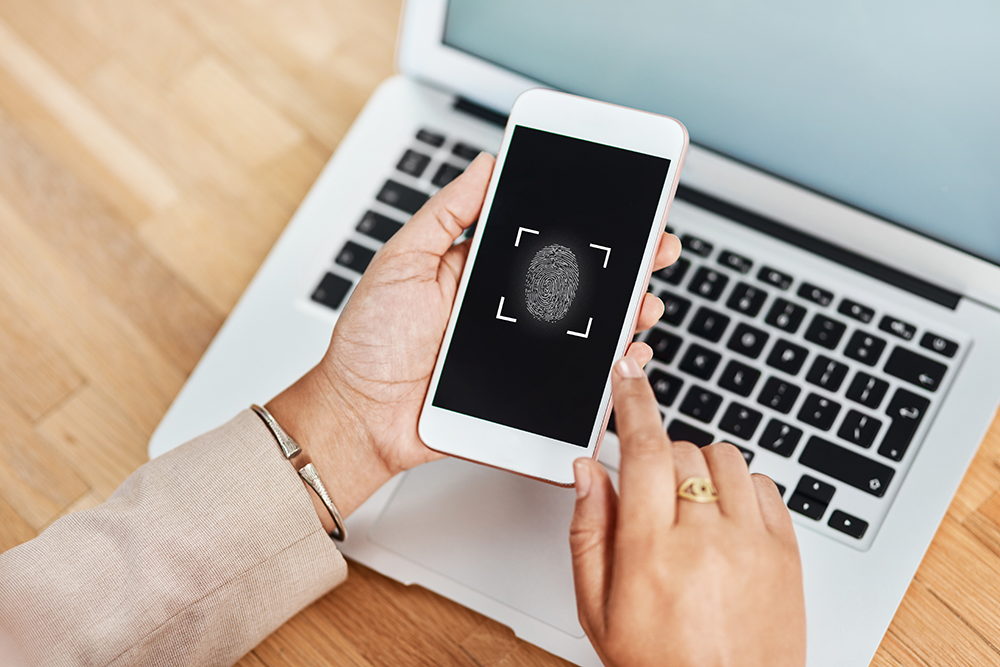
The Future of Money – the 101 on Digital Currencies
Given the recent launch of the Bank of Jamaica’s (BOJ) digital currency pilot project and the general positive performance of cryptocurrencies on the world market, many Jamaicans have taken an interest in the new and modern method of exchange.
However, there are many persons who may still not understand the concept of cryptocurrencies and central bank digital currencies (CBDC) and what this move by the BOJ means for the ordinary citizen.
Here’s the 101 on digital currencies:
What are digital currencies?
Ricardo Dystant, chief of digital transformation and special projects at JN Bank, explained that digital currencies are a method of payment or a medium of exchange, just like cash, except that it exists in a digital form. Some digital currencies are regulated, as in the central bank digital currency (CBDC), while others are unregulated, such as Bitcoin, which is a cryptocurrency. Digital currency is an overarching term that can be used to describe different types of currencies that exist in the electronic realm.
Cryptocurrency explained
Cryptocurrencies are unregulated and decentralised, which means they do not have the backing of a government or central bank. Unlike the Jamaican or the US dollar, there is no central authority that manages and maintains the value of a cryptocurrency. Instead, these tasks are broadly distributed among the users of cryptocurrencies via the internet.
“You can use ‘crypto’ to buy regular goods and services, although most people invest in cryptocurrencies as they would in other assets, like stocks or precious metals. While cryptocurrency is a novel and exciting asset class, purchasing it can be risky as it is highly volatile,” the JN Bank executive remarked.
“It is, therefore, advisable that you conduct a lot of research to fully understand how each system works,” Mr Dystant added.
What is a central bank digital currency (CBDC)?
A CBDC is essentially an electronic form of currency issued by the government or a central bank of a country, for example the Bank of Jamaica (BOJ),” Mr Dystant said. He informed that CBDCs are regulated and have the support of a governing body, which makes them much safer in the eyes of some critics. “CBDC rates are stable”, he said. “Basically, the CBDC is just another form of the money being issued by the central bank, one is in physical form and other is electronic or digital.”
Jamaica joins a list of countries that have also launched their own digital currency, including several eastern Caribbean nations, Nigeria, China, and Sweden. CBDCs have utility like that of physical currencies. They can be used to purchase goods and pay for services.
Mr Dystant noted that persons will be able to utilise Jamaica’s CBDC the same way they now use cash to purchase goods and services.
“All they will need is a digital ‘wallet’, which is like a bank account that holds the value of your digital currency. The wallet provider can issue you an app for your mobile device or you can log onto a website to access your account. You will then be able to use your electronic money. Wallet providers will also allow you to cash in or cash-out via several means including debit/credit cards, ATMs, agents and bank accounts etc. Each provider will vary depending on their capabilities,” he informed.
Check out more stories like this

Pay Attention! Expert Calls Jamaicans to Heed Mental Wellness of Men and Boys
Mental health expert Dr Marlon Simpson is calling for urgent...

When Push Comes to Shove! Protect Yourself from MFA Fatigue Attacks
Multi-Factor Authentication (MFA) is one of the best ways to...

Salvation Army, Harvest Time and Cooreville Benefit from JN’s Labour Day Efforts
In observance of this year’s Labour Day, the JN Circle...